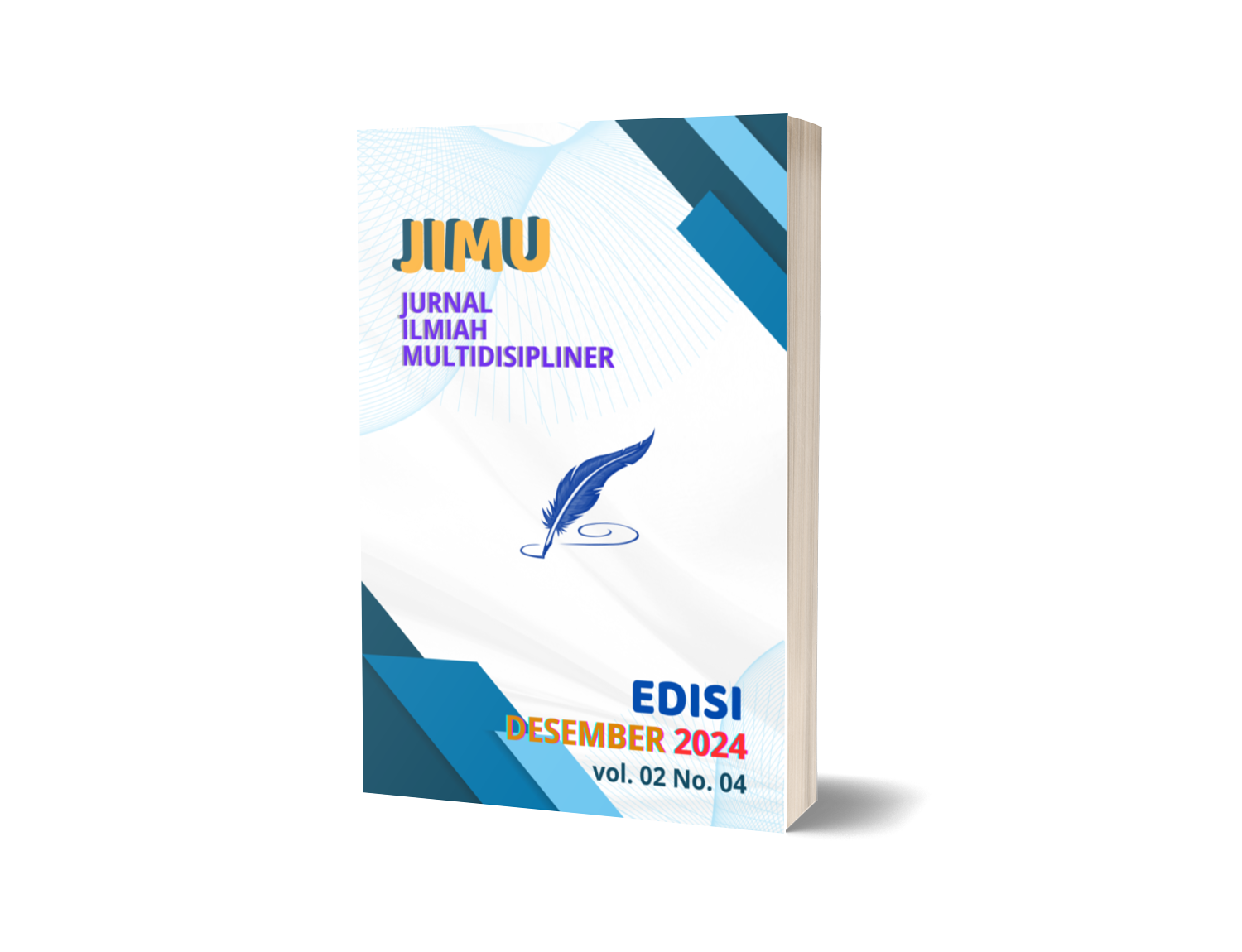Pengembangan E-Modul Berbasis Hypercontent pada Mata Kuliah E-Learning Program Studi Pendidikan Teknik Informatika dan Komputer
Kata Kunci:
Development, E-Module, E-LearningAbstrak
This study aims to: (1) know the steps of E-Module development in E-Learning course of Informatics and Computer Engineering Education Study Program, and (2) analyze the feasibility level of E-Module in E-Learning course of Informatics and Computer Engineering Education Study Program. This type of research is development research (Research and Development), using the Alessi & Trollip development model which consists of: Planning stage, Design stage, and Development stage. The research subjects consisted of 1 material expert, 2 media experts, 5 small group students and 15 large group students. Data collection instruments were carried out through expert validation test sheets and student response questionnaires. The data analysis technique used descriptive statistical analysis. The results showed that: (1) E-Module development steps involve three stages, namely Planning, Design and Development. Planning involves identifying material, student characteristics as well as selecting media design and collecting reference sources. Design includes idea development, concept and task analysis, flowchart creation and storyboard design. Development focuses on making e-modules, material and media expert validation, product revision and user response testing. (2) The feasibility level of the E-Learning course e-module has a percentage value of expert validity of 90.62% with the category “Very feasible”. User response with a percentage value of 96.56% with the category “Very Good”.
Unduhan
Referensi
Alessi, S.M. & Trollip, S.R. (2001). Multimedia for learning: methods and development. 3nd ed. Needham Heights, USA:Pearson.
Prawiradilaga, D. S., Widyaningrum, R., & Ariani, D. (2017). Prinsip-Prinsip Dasar Pengembangan Modul Berpendekatan Hypercontent. IJETS, 5(2), 57-65.
Putri, A. (2024). Effectiveness of Digital Learning Media Using 3D Animation to Improve Elementary School Science Learning Outcomes: Literatur Review. RUKASI: Jurnal Ilmiah Perkembangan Pendidikan dan Pembelajaran, 1(02), 94-105.
Rahmadi, I. F., Khaerudin, & Kustandi, C. (2018). Kebutuhan Sumber Belajar Mahasiswa yang Mendukung Pembelajaran Berbasis Teknologi Informasi dan Komunikasi di Perguruan Tinggi. JTP- Jurnal Teknologi Pendidikan, 20(2), 120-136.
Sidiq, R. (2020). Pengembangan e-modul interaktif berbasis android pada mata kuliah strategi belajar mengajar. Jurnal Pendidikan Sejarah, 9(1), 1-14.
Us, K. A., & Mahdayeni, M. (2019). Penggunan E-Learning, E-Book, E-Journal dan Sistem Informasi Pendidikan Islam di Universitas Sriwijaya Palembang. INNOVATIO: Journal for Religious Innovations Studies, 19(1), 43-64.









